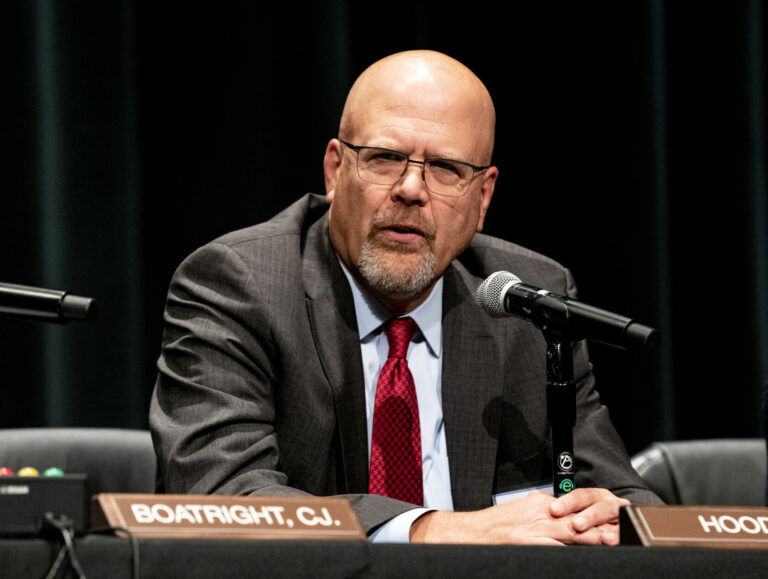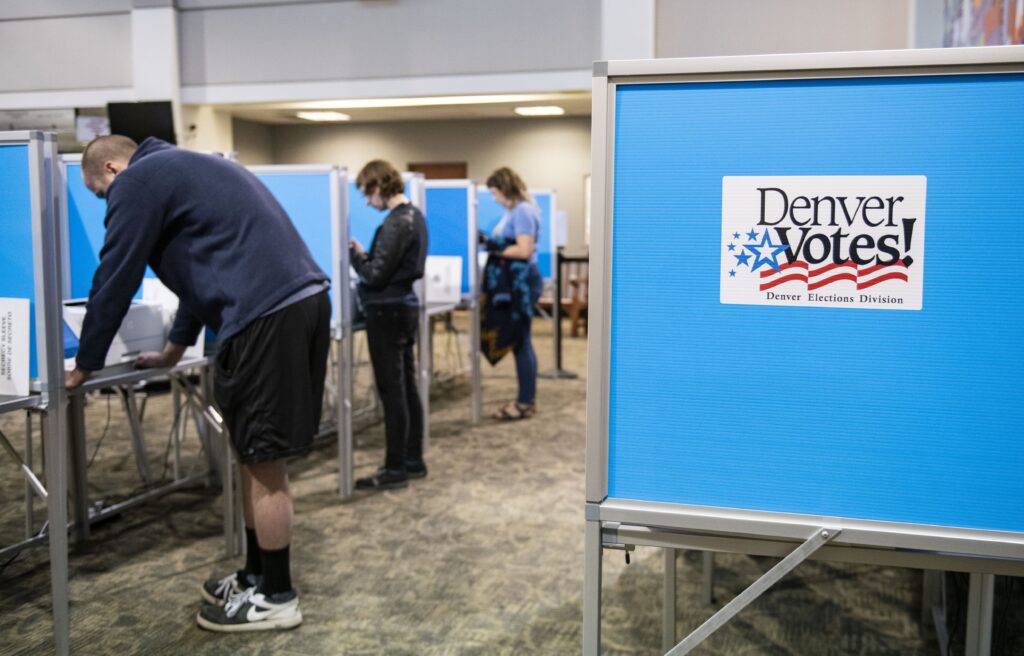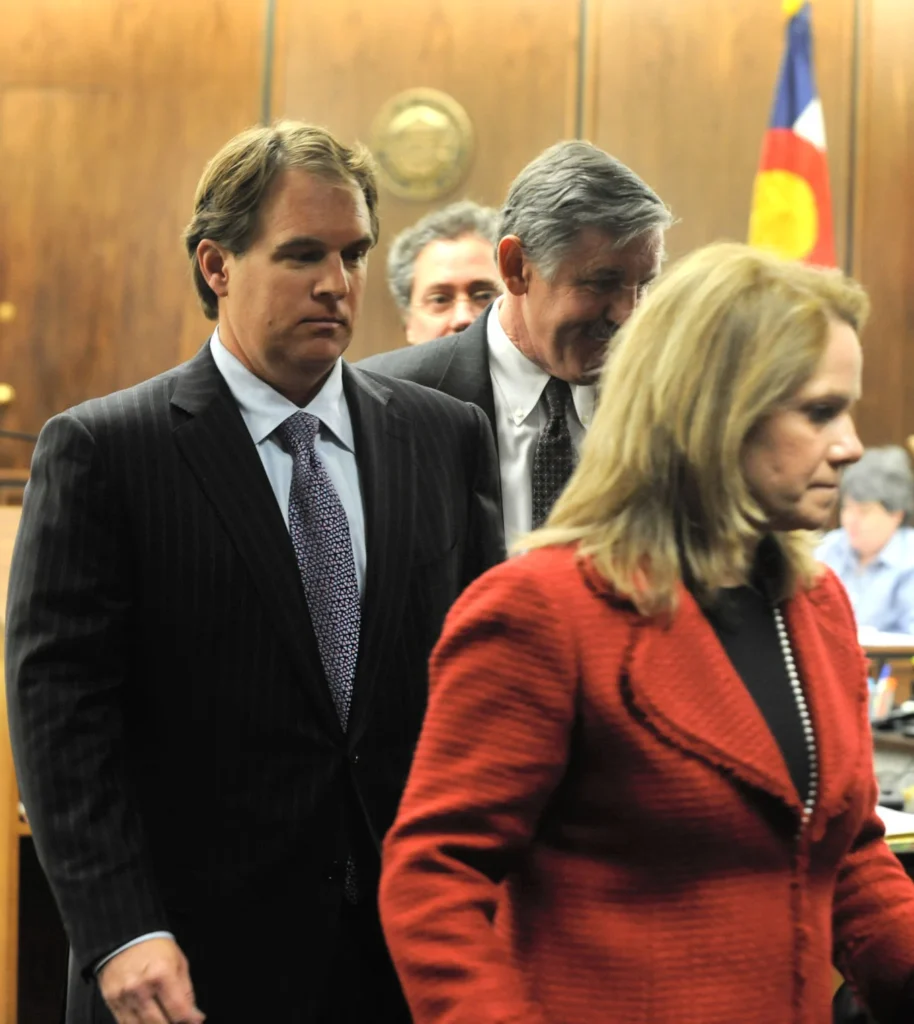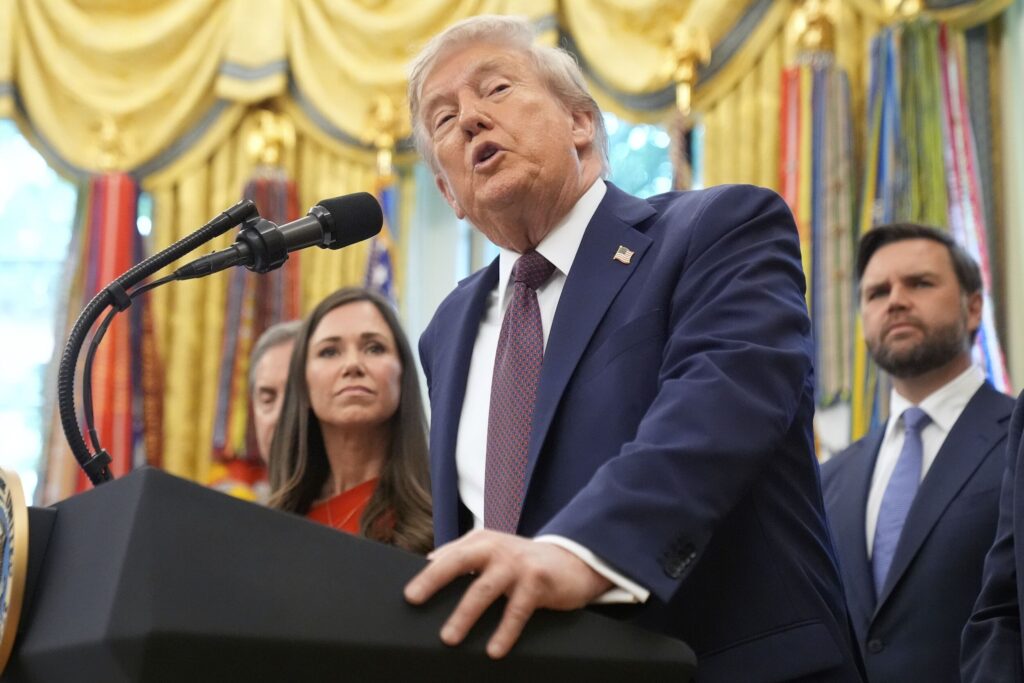Unknowns bedevil state budget as lawmakers prepare to convene
State budget writers are anxious about how to craft a comprehensive spending plan without knowing what funding is going to look like on the federal level.
A Republican Donald Trump administration is likely to shift federal investments, including Medicaid dollars, which could throw the state budget into chaos.
“I’m very worried, I’m very anxious,” said Rep. Millie Hamner, D-Dillon, vice-chairwoman of the Joint Budget Committee.
Lawmakers were briefed Tuesday on revenue projections, which were relatively unchanged over the September economic forecast. Gov. John Hickenlooper in November proposed a $28.5 billion budget, which includes proposals for more than $500 million in cuts.
Lawmakers will wrangle over the budget throughout the upcoming legislative session, which begins Jan. 11, before voting on it in the spring. One issue that is sure to come up is how to plan for unknowns.
“The question has come up in almost every one of our meetings since we started working in November,” Hamner said.
“I’m hoping that we can begin anticipating where those possible areas of quick change might be, but the federal government is not known for quick action. We’re entering unknown territory with a new president.”
Democrats last legislative session supported a restructuring of a hospital provider fee to free money for critical state services, such as education and transportation. A handful of Republicans joined, but the proposal couldn’t make it through the Republican-controlled Senate.
With a split chamber again in the upcoming session, politically controversial spending proposals aren’t likely to come to fruition.
Similar to the Hospital Provider Fee proposal-which would have restructured the fee as an enterprise fund, or government-owned business-Hamner said budget writers might consider creating an enterprise for the Division of Motor Vehicles.
Creating an enterprise fund exempts fees from the Taxpayer’s Bill of Rights, taking revenue out of the TABOR calculation and lowering taxpayer refunds set aside in the general fund, thereby freeing money for spending.
“We need to put some options on the table,” Hamner said.
Republicans in Colorado are likely to push Democrats on spending cuts, especially facing a Republican White House and Congress, where health care and other cuts are likely.
Sen. Kevin Lundberg, R-Berthoud, a veteran lawmaker who is new to the JBC, said state economists might want to start factoring potential federal cuts into projections.
“It seems to me that the 600-pound gorilla is Medicaid,” Lundberg said. “There’s a real possibility that it will not be larger and possibly significantly smaller. I know it’s a moving target, but for us to have a real grasp of what our budgetary realities may be next year, we need to understand that things aren’t the same.”
On a separate note, meanwhile, House Republican Leader Patrick Neville, R-Castle Rock, released a statement of his own on the revenue projections released today:
“Overall, Colorado’s economy is improving and that is encouraging news, but there are still many regions that are struggling and legislators need to pay close attention to the economic impacts that new legislation could have on Colorado’s small businesses,” Neville said. “The bottom line is our general fund revenue continues to increase and we have the funds to address Colorado’s most pressing needs, lawmakers simply need to begin this session focused on our top priorities and committed to responsible spending.”











